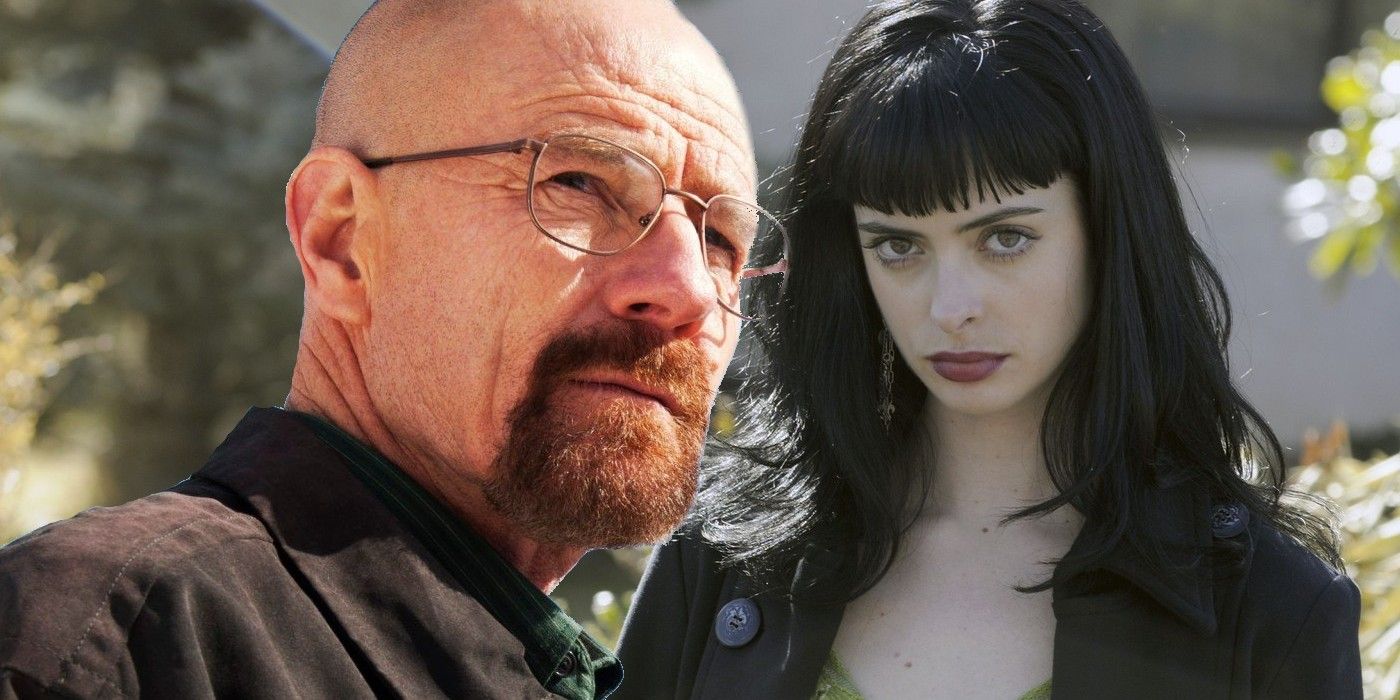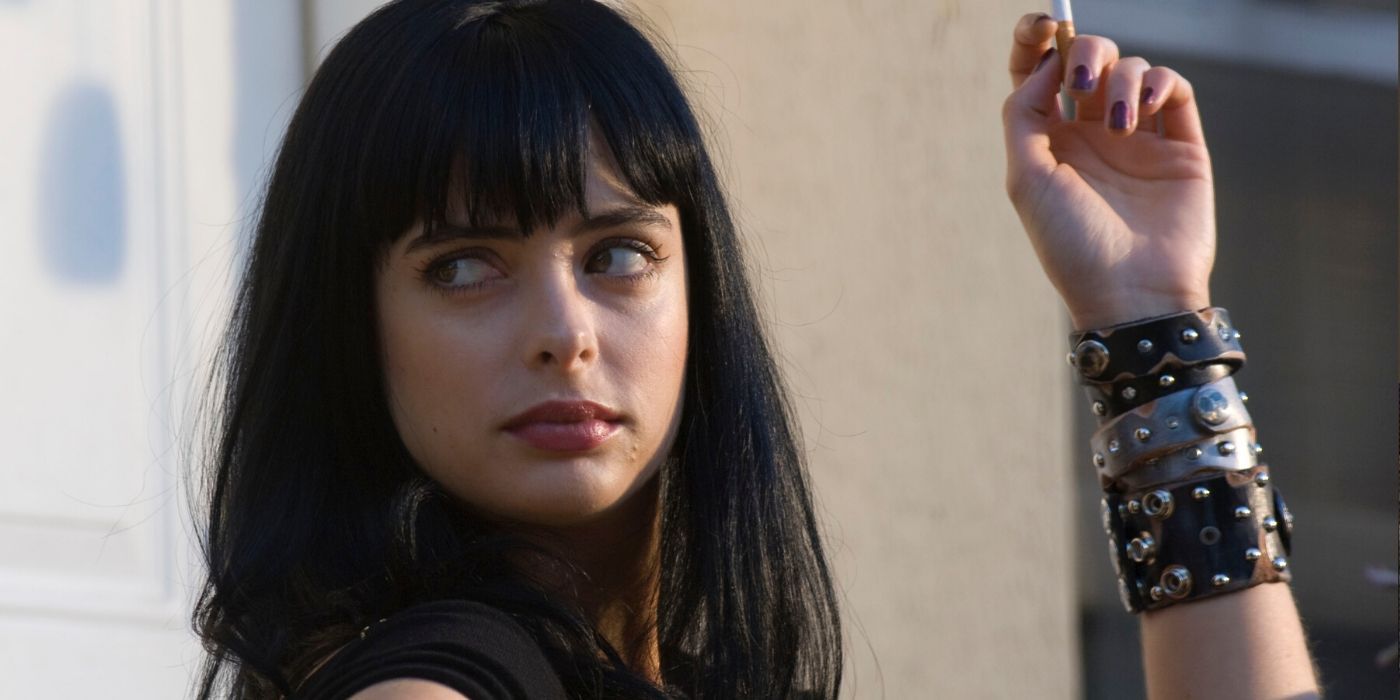The death of Jane in Breaking Bad is one of the most devastating moments in the story of Walter White, but perhaps viewers should've seen it coming. First introduced in Breaking Bad's second season, Jesse moves into Jane's duplex once his meth cooking career with Walt begins to take off, and the duo quickly go from neighbors, to friends, to lovers. As a recovering addict, Jane is a stabling presence for Jesse at first, but it isn't long before their shared passion for drugs takes hold and the couple begin a joint descent into old habits. Walt recognizes this and tries to keep his cooking partner focused, albeit to little avail.
In a shocking scene, Breaking Bad season 2's "Phoenix" sees Jane begin choking on her own vomit after taking drugs and falling asleep. Jesse is doped out himself, but Walter White fortuitously decides to pay the apartment a visit. Except Walt deliberately doesn't act, allowing Jane to choke herself to death because he believes she's a negative influence on Jesse... and therefore a threat to his meth operation. Jane's death is arguably the first truly callous act by Walt in Breaking Bad and leaves the audience in a state of shock, but like so much else in the show, the scene is neatly foreshadowed in Krysten Ritter's performance and dialogue.
In "Over," there's a scene where Jesse is making Jane breakfast and Ritter's character wanders sleepily into the kitchen. When Jesse says "you weren't supposed to wake up," Jane sarcastically replies "ever...or?" This teases how Jane will die in her sleep and Jesse will wake up to find her. In another scene, Jesse takes a drug trip on his own with Jane watching over him and as he lays down for the ride, Jane props him up, reminding Jesse to sleep on his side rather than his back. This is because someone has less chance of choking if they throw up sleeping on their side. While this scene is fairly overt in its meaning, Walt does something similar with his newborn baby in the same episode. Since this is standard baby practice without a syringe in sight, it's a far more subtle hint. The title of the episode in which Jane dies, "Phoenix," is also important. The mythical bird is renowned for dying and then being reborn from the ashes, and this symbolizes Walt's hold over life and death in the episode, with Holly being born and Jane dying. Walter White giveth life, and he taketh away.
As if to acknowledge the fact that Jane's death was being foreshadowed well in advance, the allusions keep coming even after Ritter's character is gone. In "ABQ," viewers see Jane's bedroom, containing a mural of a sleeping woman being enveloped by swirling blue and a black blob . This imagery could be taken to represent the drugs that have just claimed Jane's life, with the black blob visually similar to what we see Jesse draw his syringe from and the blue swirls perhaps denoting the blue sky meth. Moving forward to season 3, "Abiquiu" features a flashback where Jane says, "I think I threw up in my mouth a little bit" after Jesse pays her a compliment. Now Vince Gilligan's just rubbing salt in the wound.
Such extensive foreshadowing largely goes unnoticed on first watch. Jane's comment about never waking up can be put down to her dry, dark humor and the line warning Jesse to sleep on his side is overshadowed by Jane's realization that Jesse is a very rich man, thus slipping by stealthily. The hints give something for repeat viewers to enjoy, but they also build gradually towards Jane's shocking death, if only on a subconscious level. Rather than the death scene coming out of the blue, the pieces are placed onto the board largely without the viewer noticing. As an example of this, watching Walt put a blanket underneath his newborn child subconsciously informs Breaking Bad viewers that he knows the medical science behind choking while asleep. So when Walt is watching Jane die later on, the audience know he's acting with full knowledge of the consequences, and the scene hits harder as a result.


